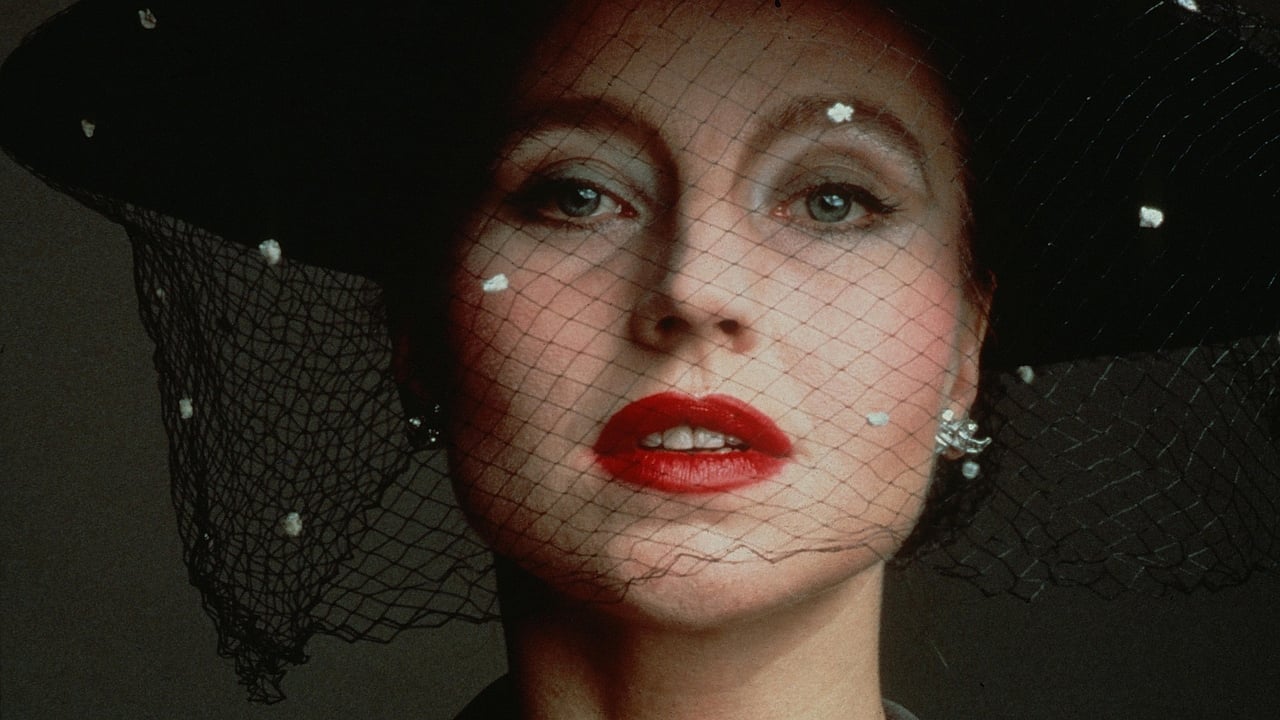Julio Kortazar
Although this film has abundant imagery that is inspired in post WWII Germany, people watching this movie should not forget that it's entertainment. For example, in the bar scenes there are only black American soldiers and they are all dancing with Aryan damsels in distress, as if the full occupying American army was made up only of black guys! That was laughable. On the one hand, the bar scene could be trying to stoke that old Germanic paranoia about barbaric heathens ready to take over the motherland OR maybe the intent of the bar scene is to poke fun at that paranoia. There are plenty of other scenes throughout the movie where one is also left wondering what was the real message being sent.
Red-Barracuda
A woman uses every means possible to survive hardship in post-war West Germany. In doing so she becomes financially successful but loses her soul in the process.The Marriage of Maria Braun is a film that operates on two different levels. On the one hand in can be seen as a look at one woman's struggle against adversity in the hardships of the post war years. While on another, the film can clearly be read as a critique of the way the new Germany forgot it's awful past and sold it's soul in order to prosper in what would become known as the German Economic Miracle. This latter reading can be determined by reading the main narrative as an allegory in which Maria Braun represents the new Germany. She begins by prostituting herself to the Americans and ends very wealthy but emotionally dead; she forgets her past quickly in order to concentrate on her future.There is no doubt that Rainer Werner Fassbinder put together a clever allegorical film here. And there is also no doubt that Hanna Schygula is very good in the lead role. But I did have difficulty with empathising with the people in this story, as none of them were particularly likable. Perhaps that was the point of course. But, whatever the case, the film left me cold unfortunately.
Bob Taylor
This first part of the BRD Trilogy has more passion and plot density than Lola, but less of the magic of Veronica Voss. The political musings have point to them: we see the shortages after the war, how the blackmarketers were able to control so much of the day-to-day life (delicious moment when Fassbinder, playing a grifter, tries to sell a complete set of Kleist to Schygulla, who remarks that burning books don't provide much warmth: she really wants firewood).There's some clumsiness in the first hour. The scene in Maria's room with the black soldier, interrupted by Hermann's appearance should go quicker. The train scene when Maria meets Karl Oswald falls flat when she insults the GI--I cringed, it was so bad. But as the story develops and the years go by, I was drawn more and more into this glossy, cold world.
ALauff
Fassbinder's most lavish production sacrifices little of his talent for identifying and deconstructing a locus of suffering in long, mobile takes that somehow also act as social encapsulations; here, it's much more overt, since the story takes place in war-torn Germany at the end of WWII. The central character is a woman (Hanna Schygulla as Maria) who capitalizes on vulnerabilities (both economic and gender-related) to catapult herself up the ladder of a prominent textile corp. that makes coveted goods like lederhosen available to indigent workers (as she once was). Married amidst allied air raids, Maria and her new husband Herrmann are allowed a brief honeymoon before he's shipped out to the Russian front. In his absence, her despair is great: she spends most days at the train station, waiting for him to return. When he is reported dead, she abruptly stops grieving and takes a job as a barmaid/prostitute at a brothel catering to American GIs.When he returns, things get plenty messy, as circumstances (and his sense of noble self-sacrifice) conspire to keep them apart. The message is Fassbinder's M.O. writ large: "Love is colder than death." Not only is Maria contending with her own sanity and a husband largely incapable of loving her, but also with a country in deep flux with no discernible light at the end of the tunnel. Fassbinder is making some kind of statement on post-war Germany selling out to the highest bidder, but as with all his films, I tend to block those elements out and focus on the unbearable passions on display: Fassbinder's as evoked through his characters; his actors' as filtered through their real-life connections with Fassbinder. Taken together, his films can be either unbearable or indescribably mesmeric, often at once; this falls somewhere in-between, although definitely closer to the latter. While I didn't like it quite as much as The Bitter Tears of Petra von Kant or Katzelmacher, Maria Braun certainly has a greater scope and what's more, I could feel its passion and authentic detail to human emotions.


 AD
AD



